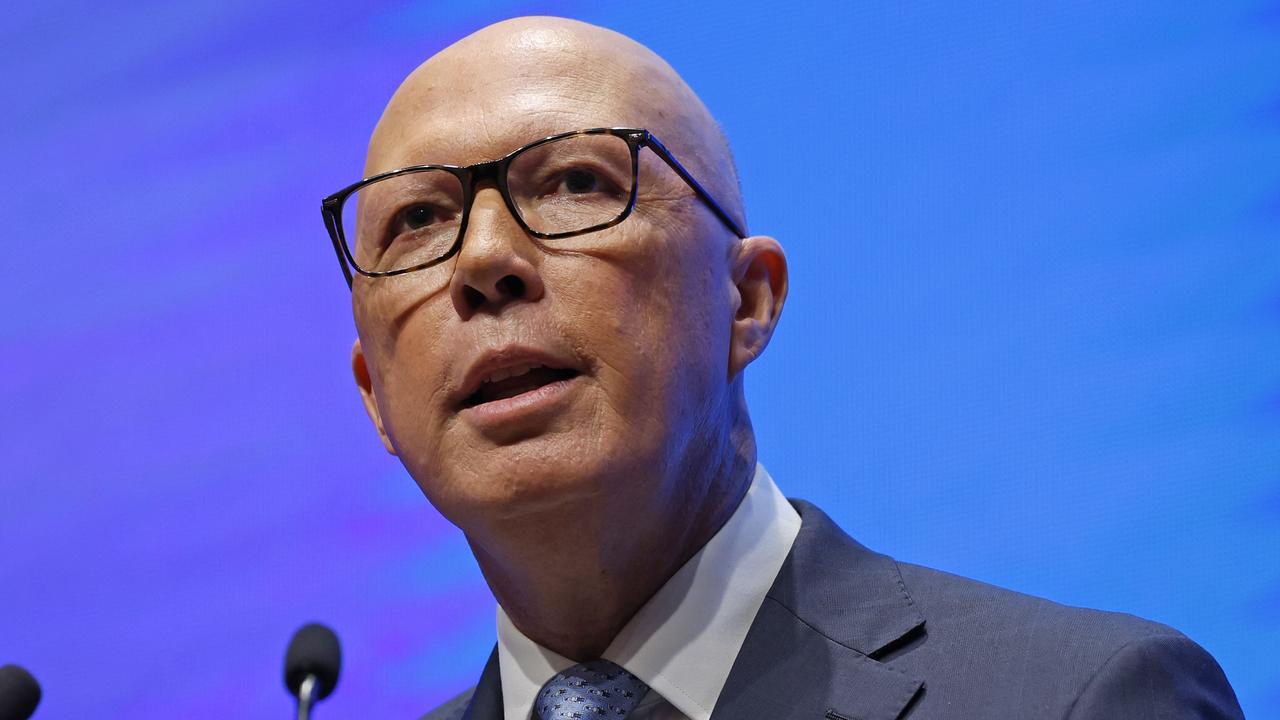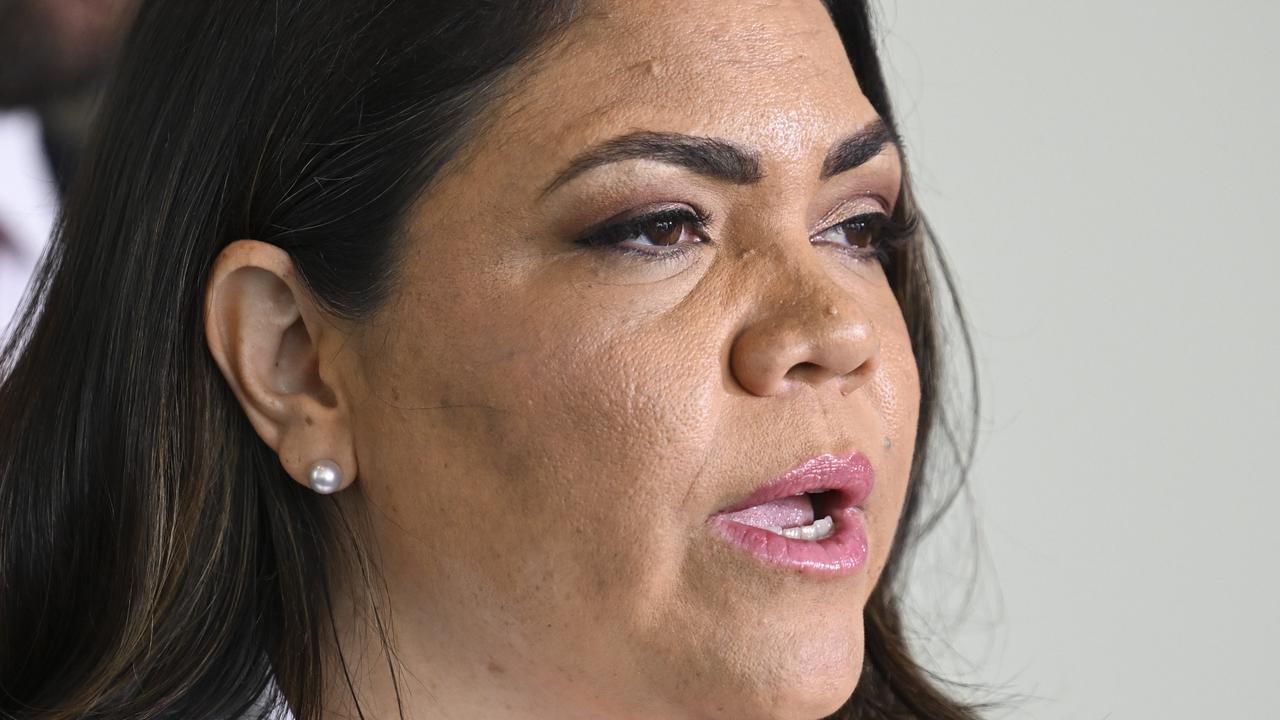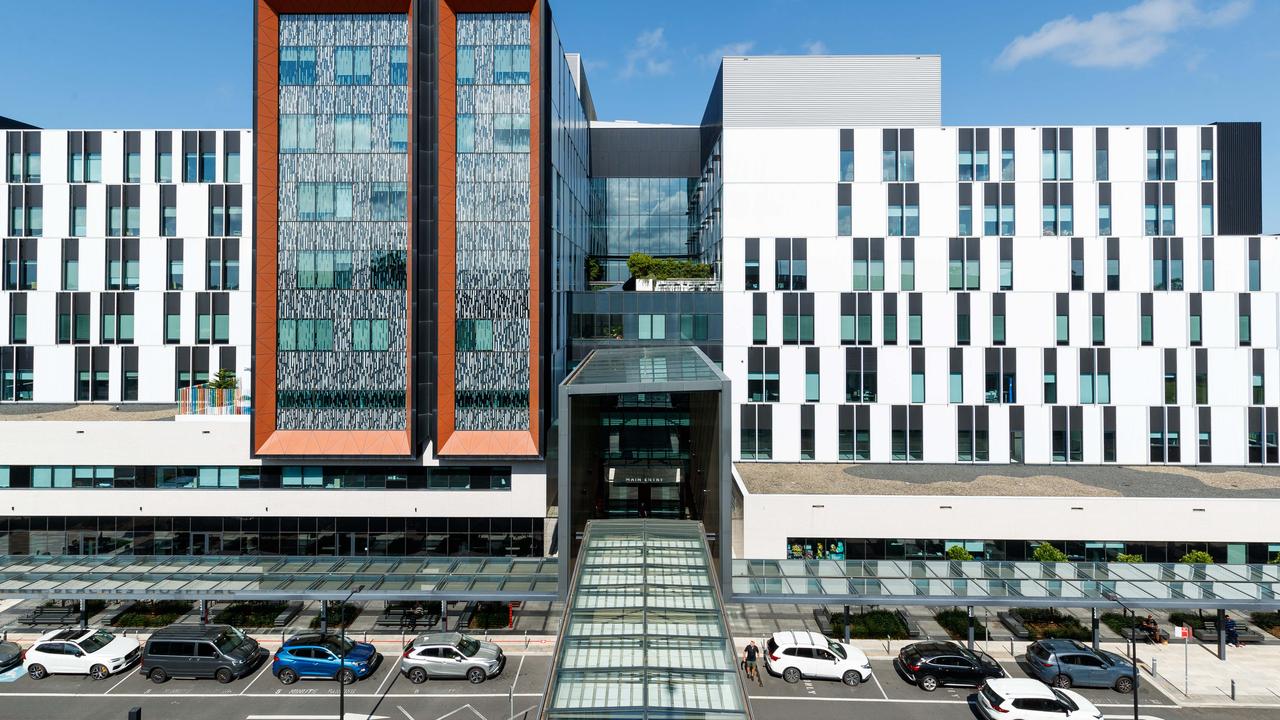‘No magic solution’: Calls for the government to ‘do better’ at the NSW Drug Summit in Sydney
Experts have come together to form a plan to address a “pervasive” issue that “touches all parts of our community”.
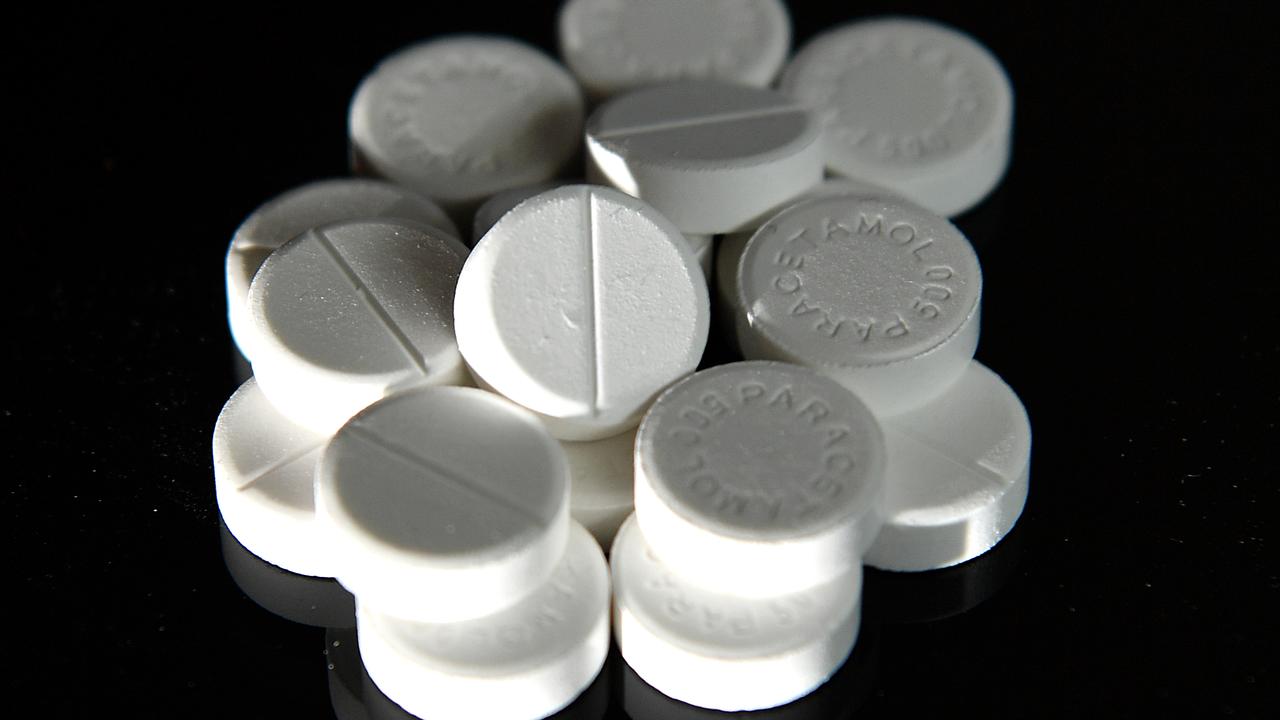
Experts have come together in a bid to address a “pervasive” issue that “touches all parts of our community”, with calls to end the “age of shame” around drug addiction,
The second stage of the NSW Drug Summit kicked off in Sydney on Wednesday morning, with NSW Premier Chris Minns calling drug addiction an issue government and community must address.
It also heard from the mayor of the US city of Portland, Ted Wheeler, who warned against decriminilasing drug possession without proper rehabilitation services in place.
Oregon in 2020 became the first US state to decriminalise possessing small amounts of marijuana, cocaine, heroin and other drugs.
But Mr Wheeler said decriminalisation had failed because politicians had not properly funded and supported treatment services before relaxing laws.
He said that had led to a “free for all” for drug dealers and users, resulting in the “worst of both worlds”.
“In retrospect, it looks so obvious,” he said.
“What’s the point of even trying to incentivise people into detox or into sobering services if they don’t exist?” after the state of Oregon.
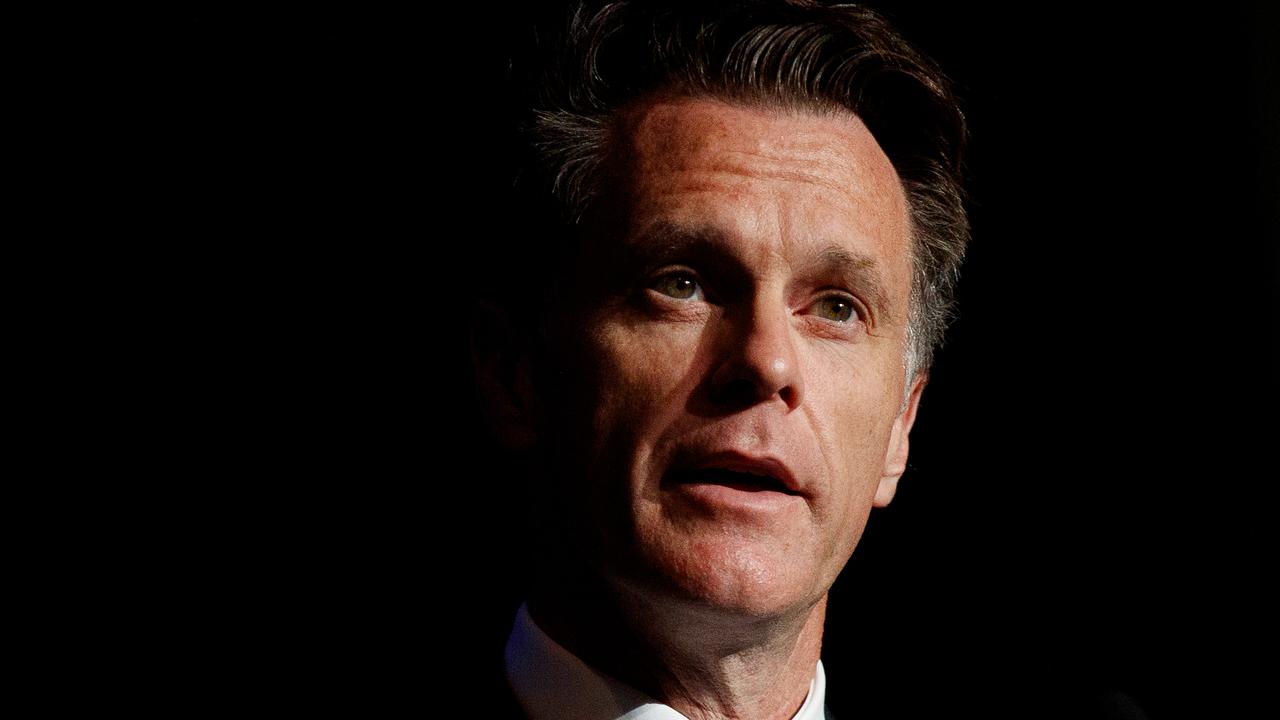
Mr Minns opened the summit by paying a special tribute to the “brave people” sharing their lived experiences during the summit.
“I know that there’s still a lot of stigma out there, but you are crucial voices in this conversation,” Mr Minns said.
He called addiction “an awful thing”, declaring those who suffer shouldn’t be exiled in the community.
“Life is littered with people who confronted their demons and turned their lives around,” Mr Minns said.
“It is a story of hope and friends, the age of shame must end because shame has never helped anyone.
“Instead, we should be celebrating people who’ve conquered a terrible affliction.”
He said addiction was a complex issue spanning many sectors, including health, justice and police, noting the government has a responsibility to intervene.
“When you look at our kids and when we think about the lives we want them to live, there’s not a single parent anywhere in the state who ever wished for their child to be caught up in drug addiction of any kind,” he said.
“As a government and as a community, as leaders at this summit, we’ve got a responsibility to stop that from happening wherever we can, either through prevention or, when addiction does occur, by helping people back on their feet.”
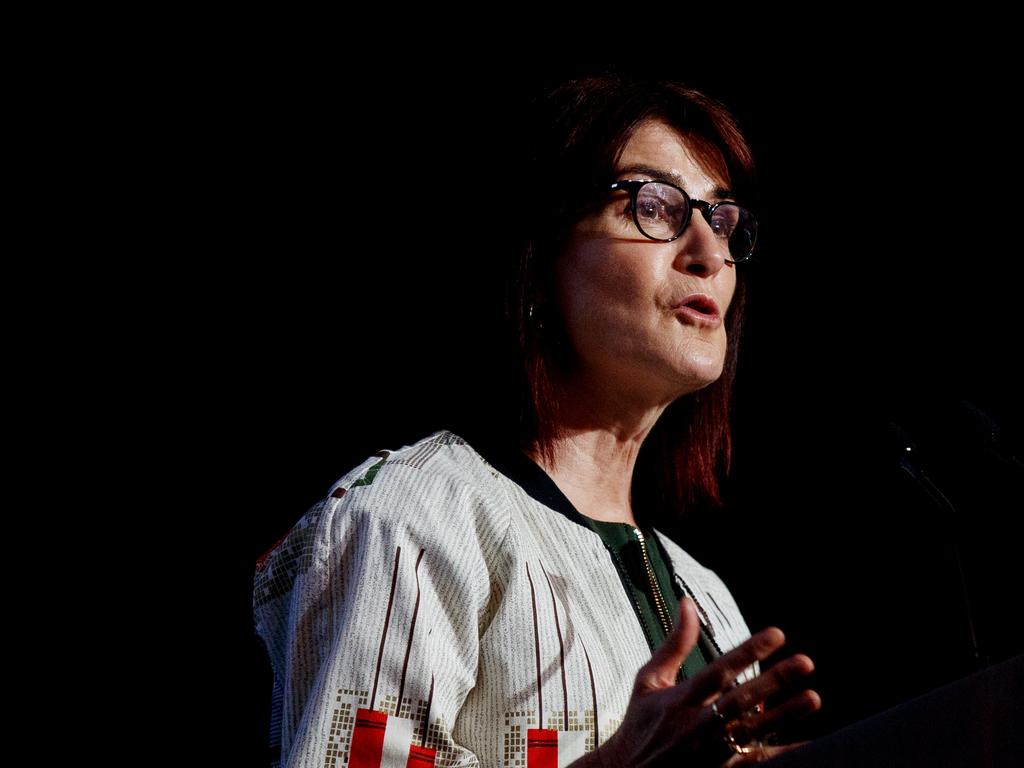
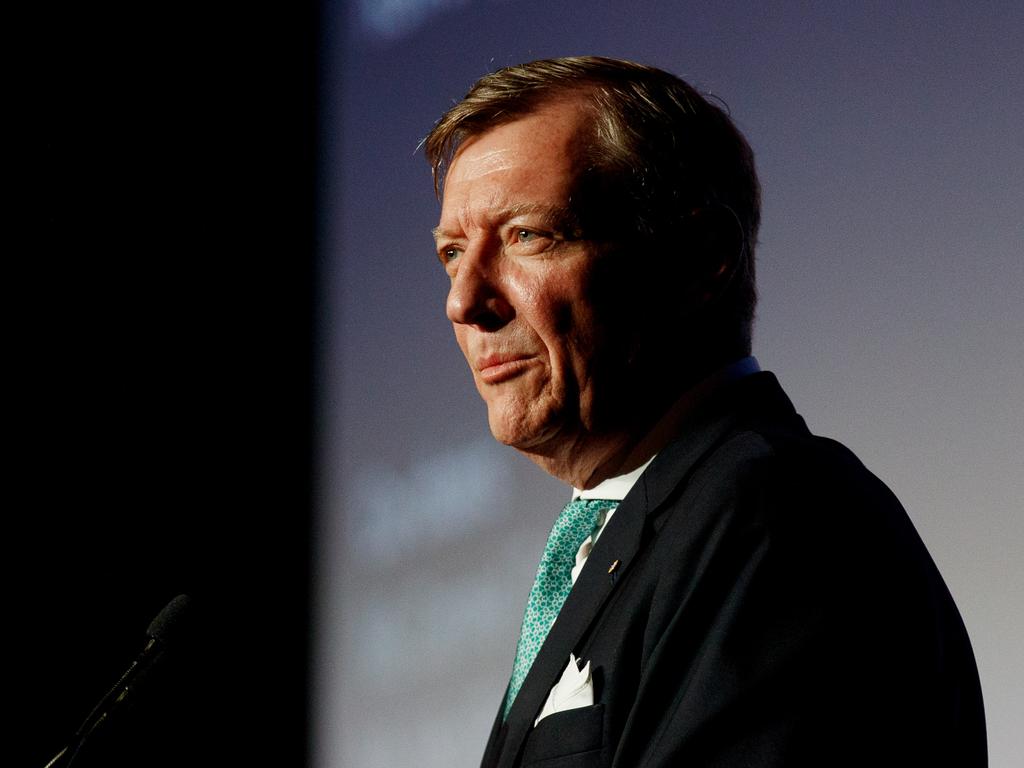
Mr Minns also said there was “no magic solution” to the issue.
“Drugs exist, and drugs will continue to exist after this summit has wrapped up,” he said.
“That means our goal must be reducing the number of Australians whose lives have been destroyed or diminished.
“Our goal is a recognition that society has not got there yet, and more needs to be done. In short, I think it means that we can do better.
“At this summit, we share an ambition to do just that.”
He expressed hope to hear different perspectives and lived experiences through the summit, saying “nothing worthwhile ever comes out of an echo chamber”.
“We want different perspectives … By definition, that means not everyone is going to agree on every point demonstrated or represented at the summit, and that’s OK.”

Led by former NSW Liberal leader John Brodgen and former Labor deputy premier Carmel Tebbutt, the summit began in Griffith and Lismore in November.
​The NSW government has already committed to $9.3m in funding for drug and alcohol treatment services in the Murrumbidgee region, $21m for drug and alcohol services in northern NSW, and $235m for alcohol and drug services across NSW.
NSW Health Minister Ryan Park earlier said the $235m investment would “both enhance and establish new drug and alcohol services to boost access to much needed support and treatment for the people of Greater Sydney”.
“The programs we are investing in will ensure that people with complex needs receive wraparound support and care to help people recover and rebuild their lives in the community,” Mr Park said.
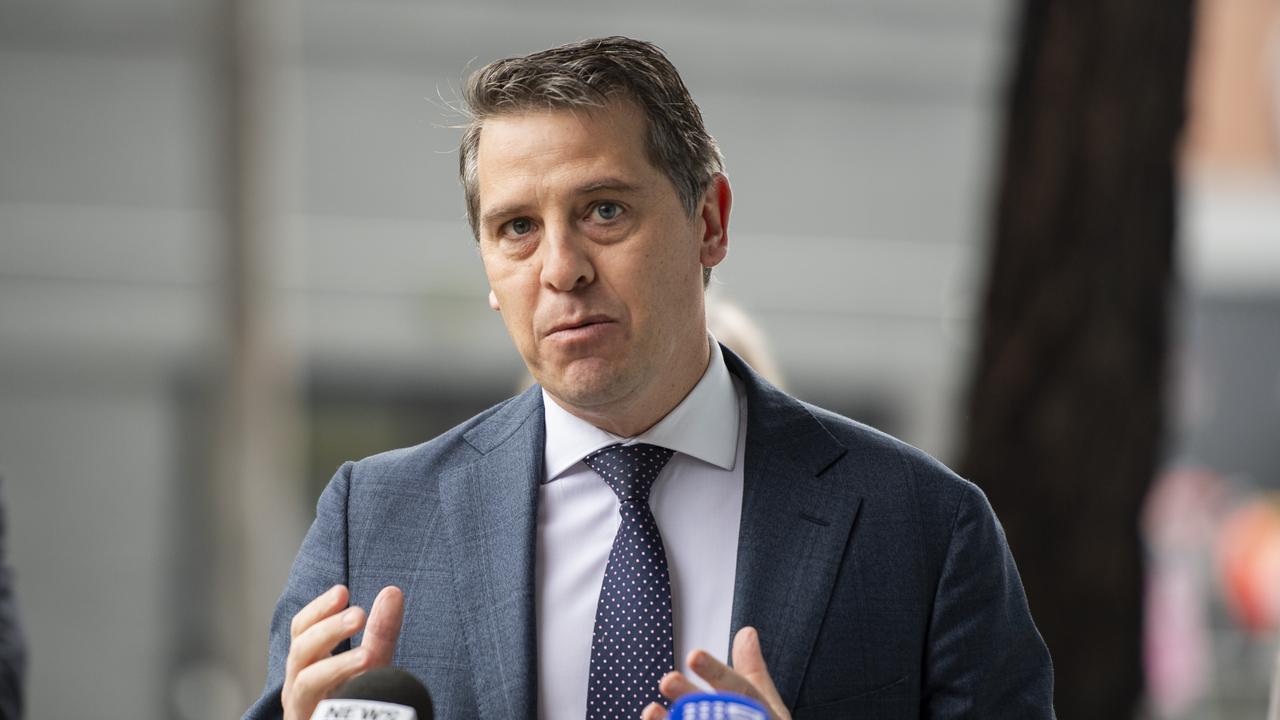
Pill testing is tipped to be a hot topic just weeks before Victoria begins its pill testing trial at Beyond the Valley following the success of similar trials in ACT and Queensland.
The summit comes as festival season is under way, with Harm Reduction Australia president Gino Vumbaca earlier criticising the timing.
“Another whole festival season would have passed with no pill testing again in NSW,” Mr Vumbaca said.
It’s believed the NSW government previously declined offers from Harm Reduction Australia to run free pill testing trials, with the mother of a 19-year-old who overdosed at a music festival in 2019 earlier claiming the government is “betting kids’ lives on ‘just say no’”.
Alex Ross-King overdosed after taking MDMA at the FOMO music festival in 2019, with her mother Jennie Ross-King tirelessly campaigning for drug reform ever since.
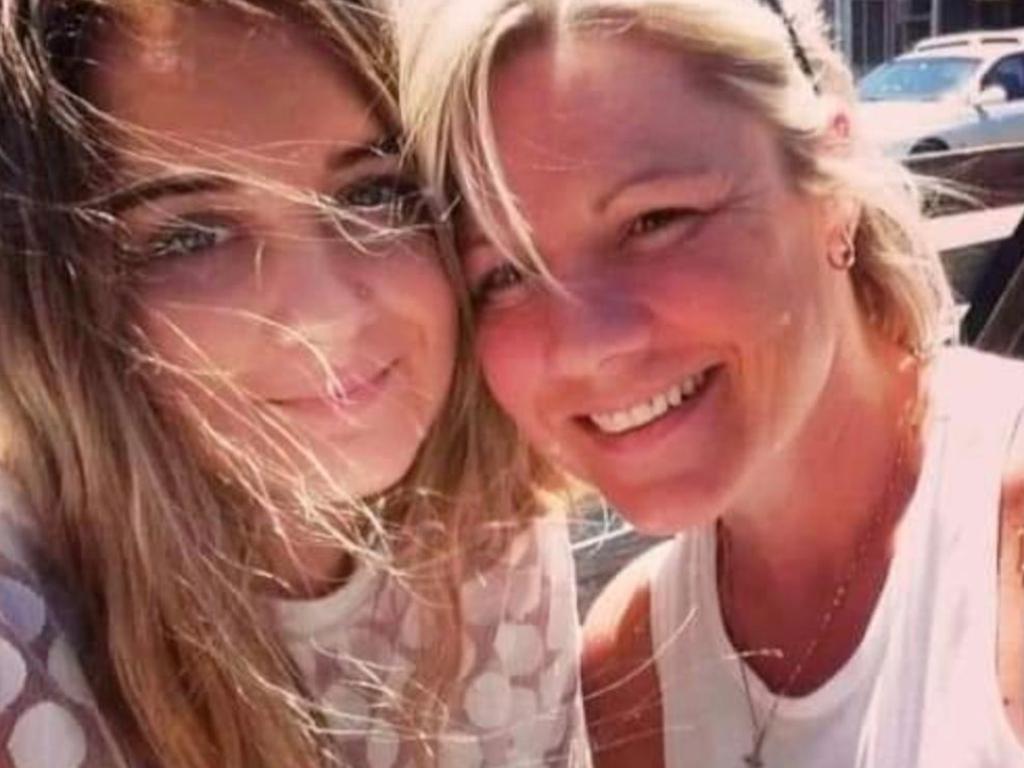
She called the NSW government’s refusal to implement pill testing “disheartening”.
More Coverage
“I lost my only child from taking drugs, so I do not advocate for it,” Jennie Ross-King said.
“But what I advocate for is, if young people are going to do it – or their friends – then arm them with the information to at least be able to be safe and get through that period of their life where they can learn the lesson without dying.”
The summit is set to hear from experts and Australians with lived experiences with addiction on Wednesday and Thursday.



